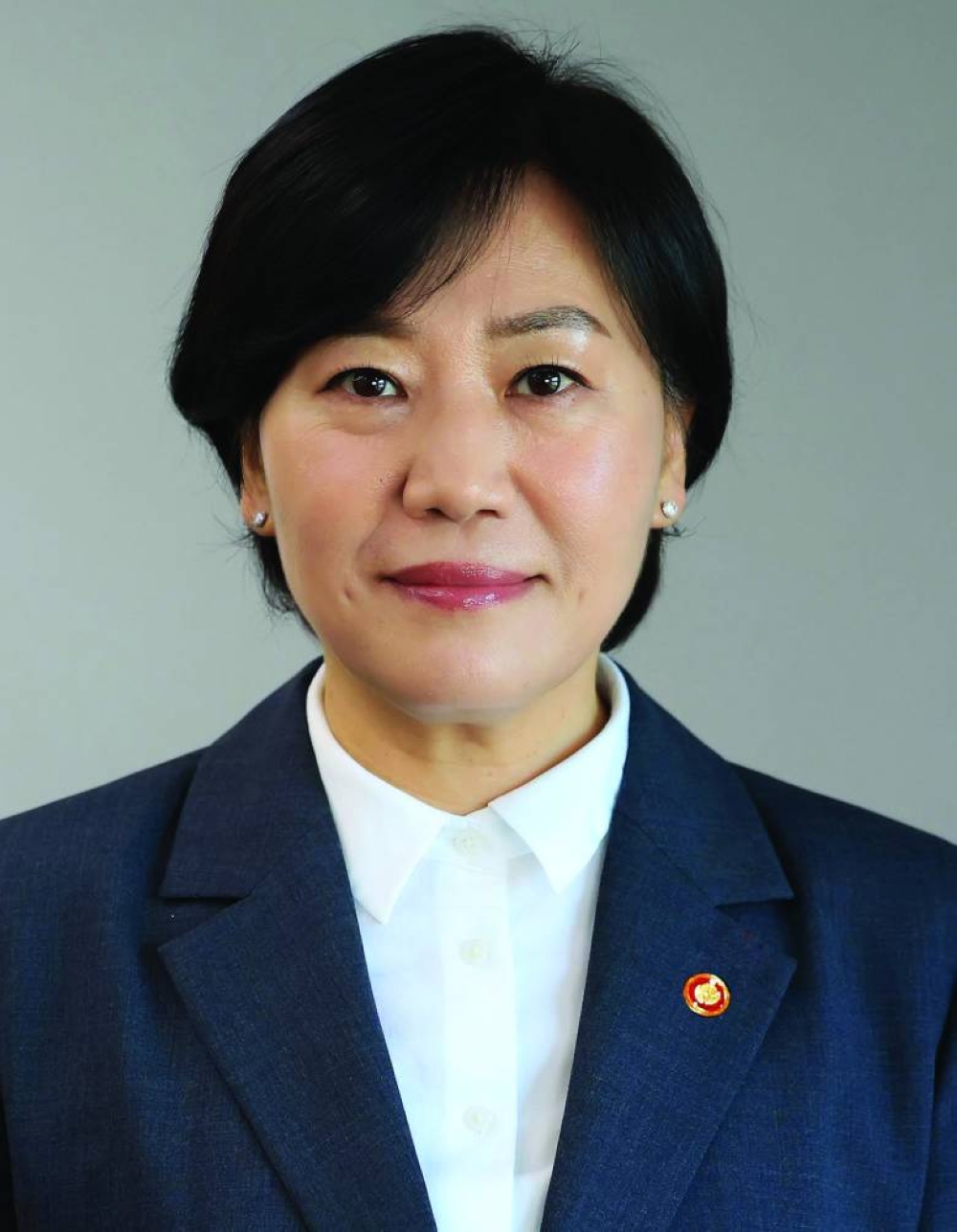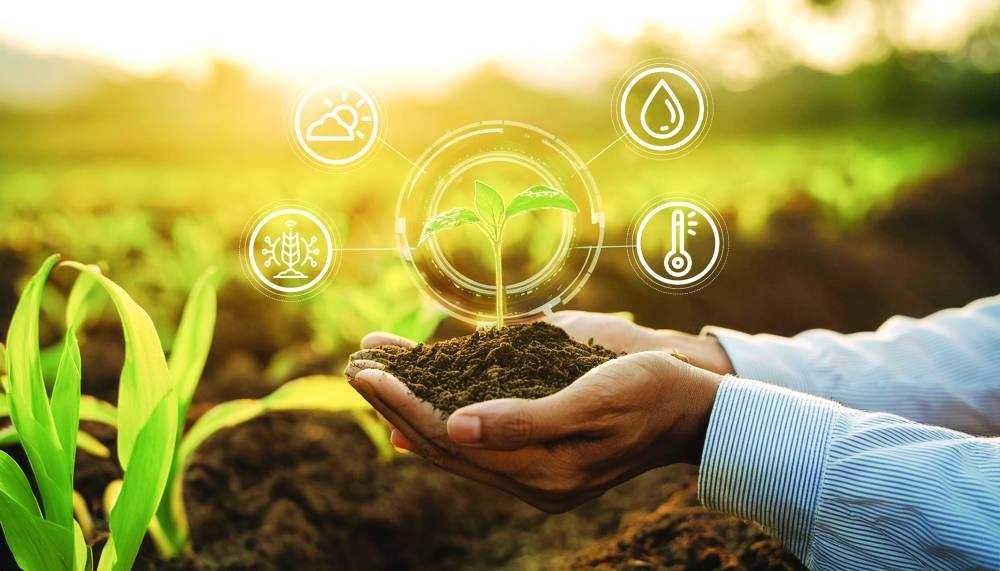
The climate crisis poses another severe threat to agriculture. Climate change is making weather more extreme and less predictable. This aggravates the uncertainty of agricultural production and farm management, which in turn deters farmers from reinvesting profits back into production to become more competitive. Besides, the increasing uncertainty of running a farm feeds the perception among young people seeking stable jobs and high income that farming is not an easy choice to build a career.
The question is: “Is there a way for agriculture to overcome climate change and labour shortages, and then make a new leap forward?” The answer lies in smart farming. Advanced agricultural technologies applied to smart farming allow farmers to grow and harvest crops in a safe and efficient way, even under unfavourable environmental conditions in terms of soil fertility, sunlight, and climate.
In a recent survey of about 100 South Korean indoor farmers who equipped their farms with smart technologies such as environment monitoring and control systems, they reported that their incomes increased by an average of 40%, with a 7% saving in labour input in the first year of smart farming.
A few years ago, extreme whether events hit South Korea and triggered widespread tomato crop failures, which eventually led to a situation where fast-food restaurants in the country were forced to serve hamburgers without tomato slices.
To prevent similar situations in the future, big supermarket chains in South Korea have increased their purchases of fresh agricultural produce from smart farms by 20% this year. Also, young farmers, who received professional training in the ‘Smart Farm Innovation Valley,’ an industrial complex for smart farming innovation, have been selling out of their fresh-cut vegetable crops grown on smart farms, such as arugula and apple mint.
This is one example of how going “smart” in agricultural production and distribution can help tackle climate change. Now is the time for the government to create a policy to nurture and support ‘smart’ farmers so that they can turn their innovative ideas into a reality. As the first step of such efforts, the Act on Fostering and Supporting Smart Farming went into effect in South Korea from July 26 this year. The Ministry of Agriculture, Food and Rural Affairs of the Republic of Korea (MAFRA) will continue to work hard to support the development of the smart farming industry.
First, we will establish a medium- and long-term master plan to foster the smart farming industry in a systematic way, and will work together with local governments to implement projects reflecting the characteristics of each rural community. Most of all, we will designate a special smart-farming district that houses smart farms as well as a full spectrum of forward- and backward-linked industries covering agricultural machinery, services, processing, distribution, etc. In the district, we will provide intensive policy support for smart farming, such as building a complex of lease-based smart farms, granting special admission to shared-use areas and facilities, and other forms of support.
Second, we will train people into smart-farming experts. To run a smart farm, farmers must be equipped with skills to analyse data and operate digital equipment and devices. Therefore, we will designate two academic institutions specialising in smart farming in August this year and then run vocational training courses there to produce smart farmers and smart-farming consultants. Next year, we will also introduce a qualification system for a smart farming manager, who provides farmers with on-site training, technical advice, and consulting services.
Third, we will step up our efforts to improve relevant policies and systems, as well as increase our investment to ensure development of innovative agricultural technologies. Vertical farms are growing in numbers around the world, but their growth in South Korea has been stunted by regulations prohibiting the erection of a vertical farm in any farmland or industrial district. To resolve the issue, we will amend a relevant law and relax the regulations on the siting of vertical farms by the end of this year.
Also, we will expand our support for development of new smart farming technologies based on artificial intelligence, drones, and robotics, etc. Such support will also go to establishment of standards for smart-farming machinery and data formats, as well as to follow-up management and maintenance.
Last but not least, the Korean government will continue to pursue co-operation with Qatar and other countries in smart farming to contribute to overcoming global food crisis caused by the climate crisis. Importantly, through close co-operation with Qatar and other Middle Eastern countries, we will provide strong support for them to overcome the challenges of desert climate and enhance their food security.
South Korea has already been making good progress in co-operation with Qatar in smart farming. In February this year, both sides held the first meeting of the ROK-Qatar Smart Farm Co-operation Committee in Doha, Qatar and subsequently in May, the Qatari economic working group visited South Korea to further the discussion about co-operation in smart farming.
The climate crisis and agricultural crises are the challenges that the international community must overcome to ensure food security and human health. Smart farming is a clear-cut solution to those challenges. The Korean government will make its utmost effort to resolve such agricultural challenges and transform agriculture into an industry that will sustain hopes for a better future for our children and young people. To this end, we will give our all to foster the smart-farming industry and co-operate with the international community.

